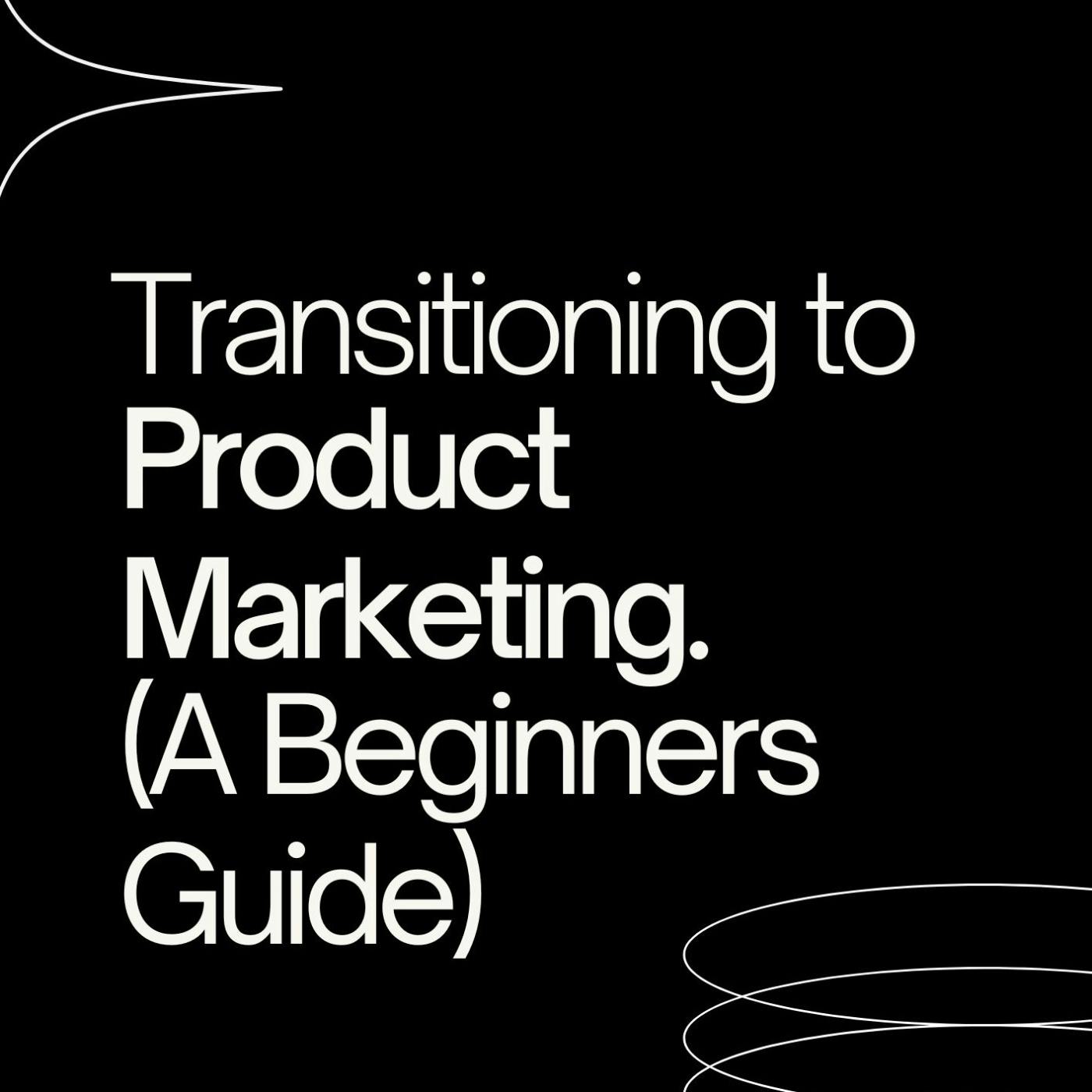332 reads
How to Start a Career in Product Marketing: 10 Expert Tips (2024)
by
May 7th, 2024
Audio Presented by

Content Marketing Strategist. Well versed in Blockchain, Cryptocurrency and Web3.
Story's Credibility

About Author
Content Marketing Strategist. Well versed in Blockchain, Cryptocurrency and Web3.
